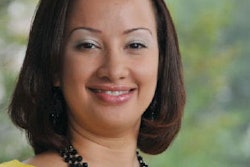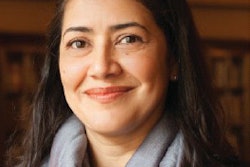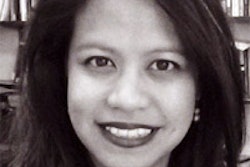Nave has been bucking the trends since she was a child, with the support of family, teachers and, later, professors at Alcorn State University, who encouraged her scientific pursuits as an undergraduate.
“From K-12 through [college], I never encountered the stereotypical challenges and obstacles,” Nave recalls. “I never felt like it’s something I couldn’t do.”
In fact, Nave remembers the chemistry majors during undergrad were mostly African-American women.
That inclusive, supportive environment Nave experienced at historically Black Alcorn State was different from the University of Toledo, the predominantely White institution where Nave pursued her graduate studies. As the only African-American female in the doctoral program, she had to learn and function in an environment that she remembers as being “not necessarily friendly,” from how professors would grade her tests to fellow students who didn’t want to work with her on team assignments.
Determined to succeed, Nave says she “learned how to deal with my peers and professors in a way that made them feel comfortable, because I knew their discomfort could potentially derail what I was there for.” Relying on her faith and a network of family and friends also saw her through difficult times.
Nave notes such challenging and negative graduate school experiences can deter African-Americans from pursuing careers in academia, instead opting for lucrative ones in industry. “They may have not had good experiences while they were pursuing their Ph.D., so the academy may be the last place they want to come back to.”




















